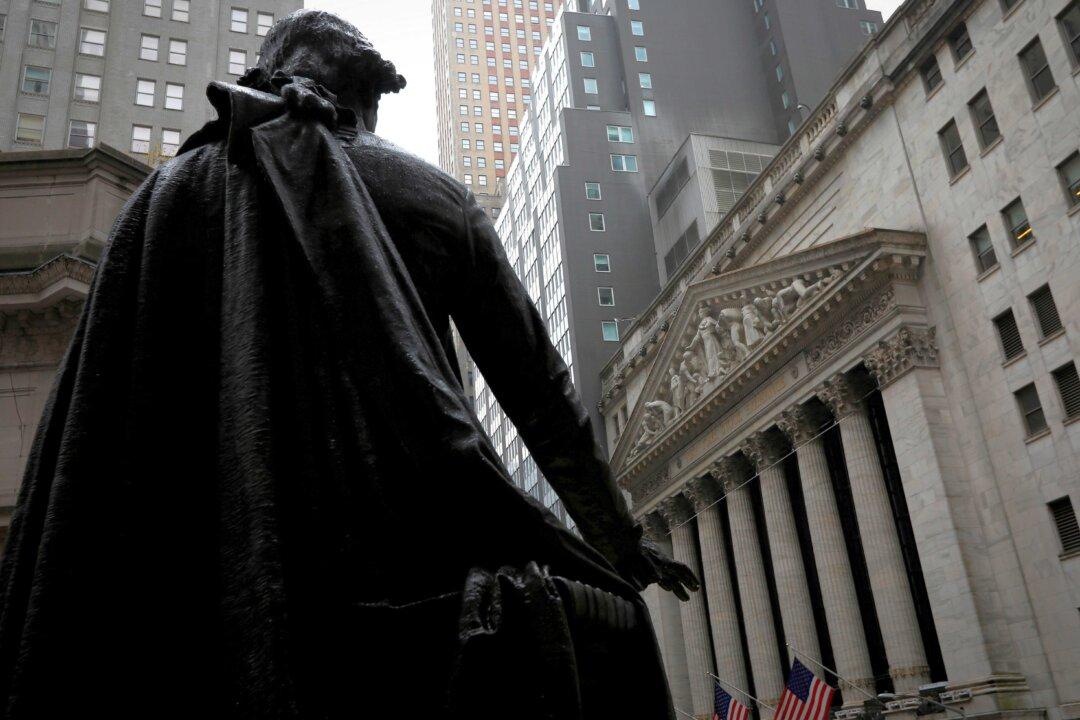Commentary
The investing term “ex-China” has a lovely ring to it. It means everything but China. So for emerging market (EM) investors, many of whom have traditionally invested in China, an EM ex-China fund provides the opportunity to invest in emerging markets, except for China. The largest emerging market economies are Brazil, India, and Mexico, in that order.





